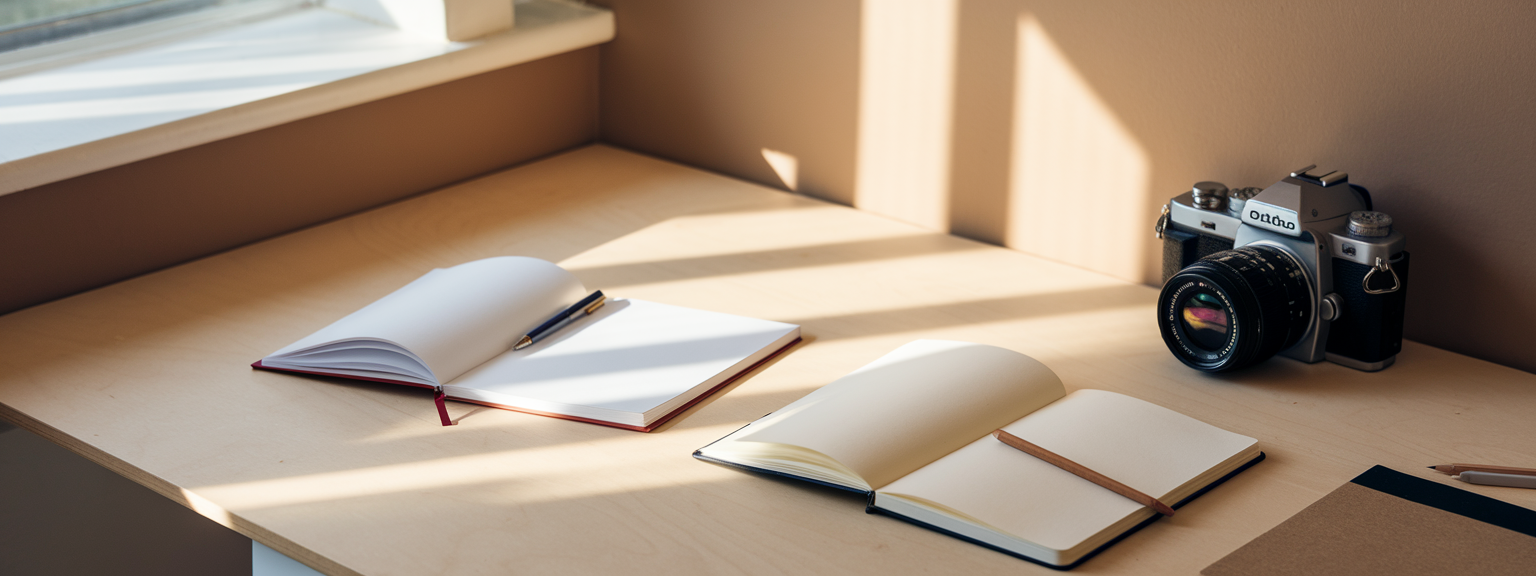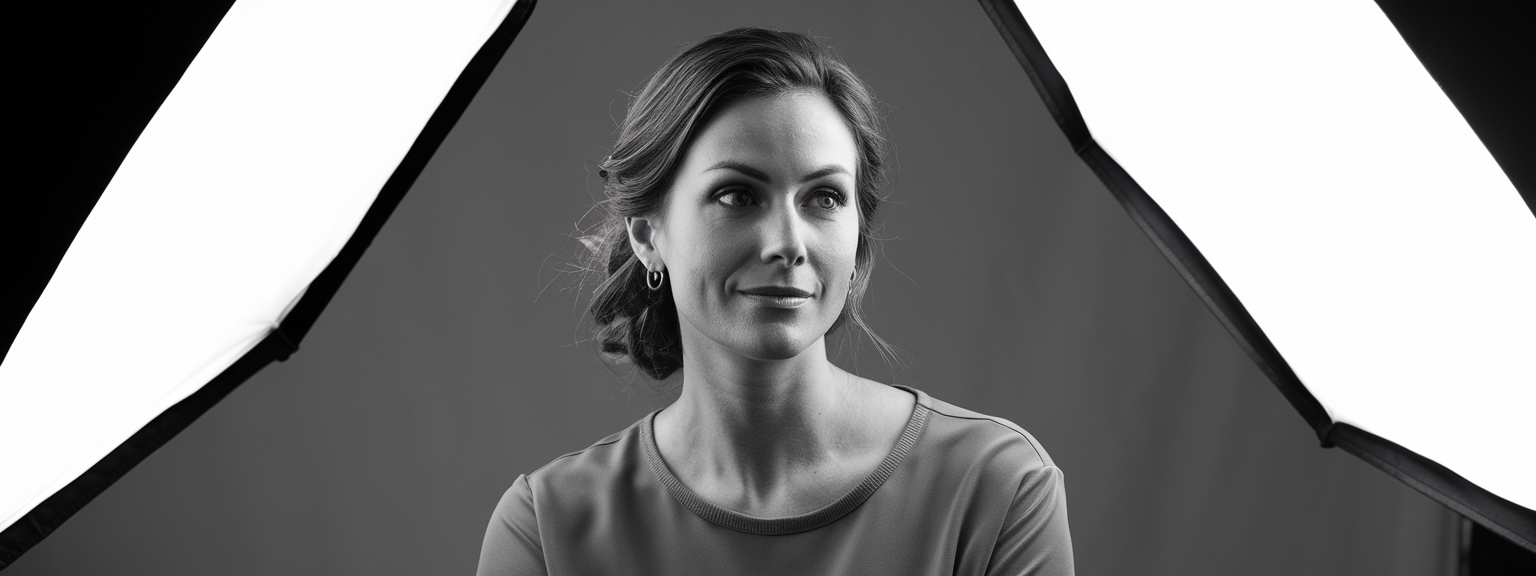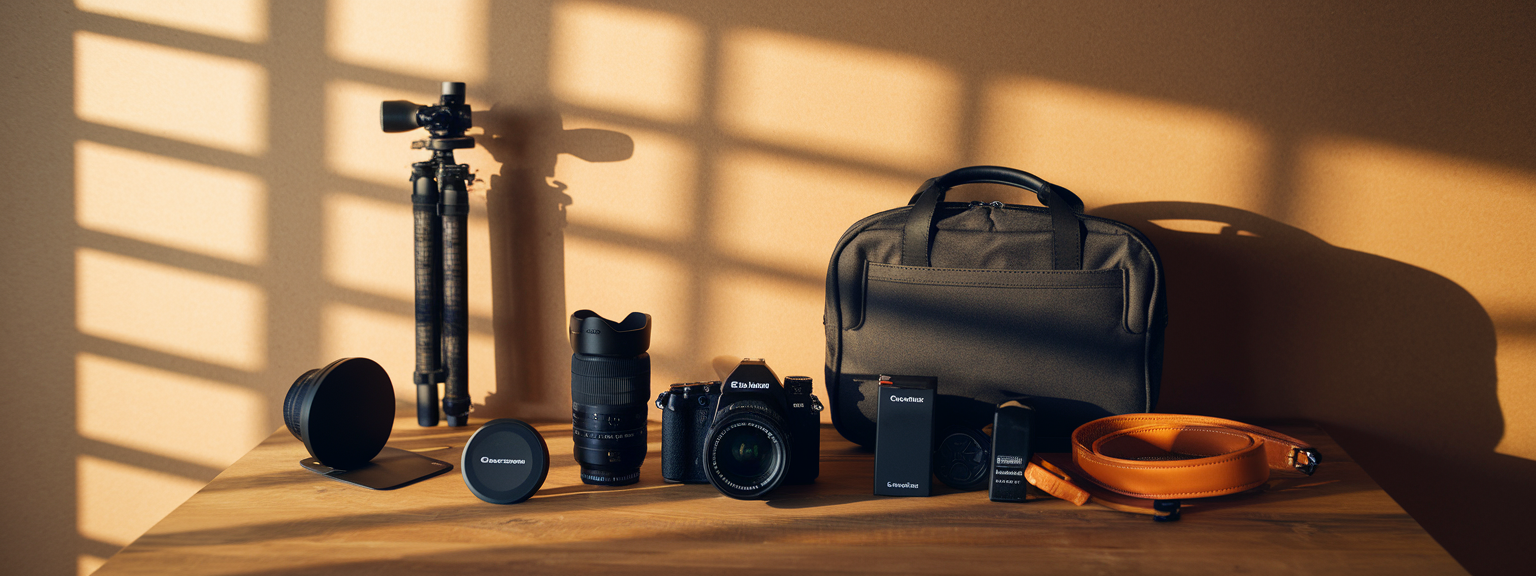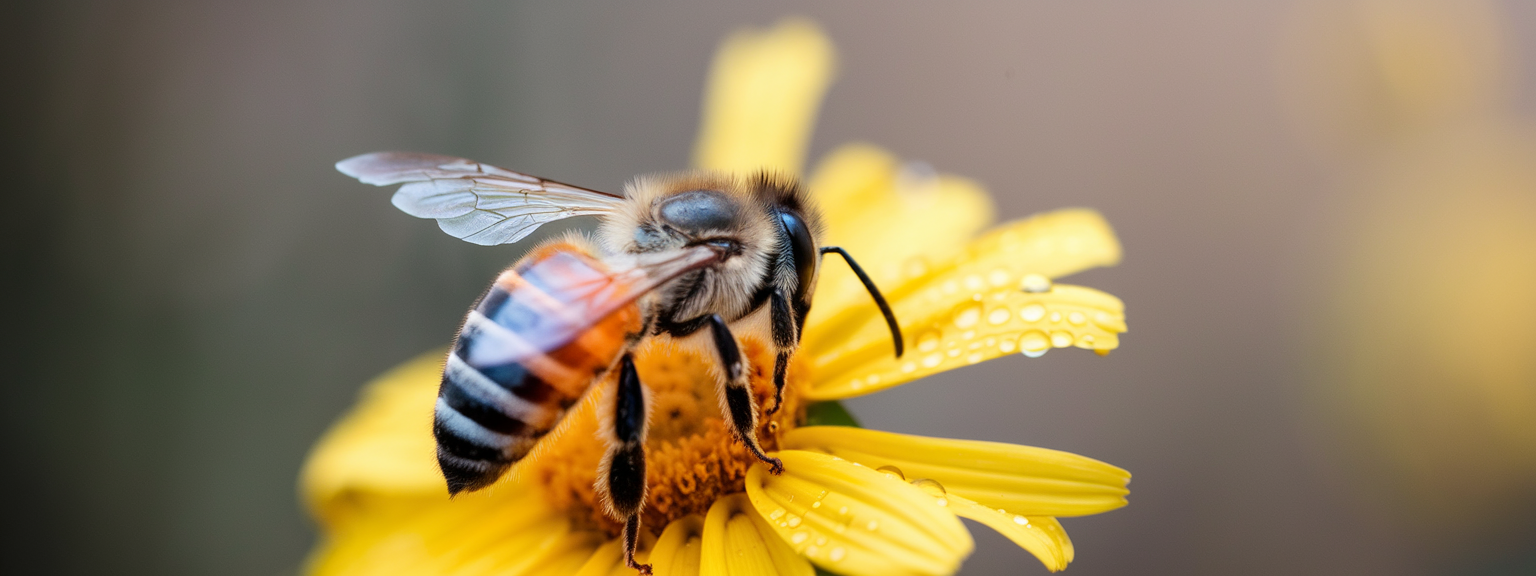Finding Creative Inspiration Daily: Simple Ways to Spark Ideas Every Day

Creative inspiration is often viewed as something mysterious or unpredictable, but in truth, it can be cultivated daily. Finding creative inspiration is about building awareness, practicing mindfulness, and establishing structured habits that unlock your imagination. Whether you are a photographer, writer, or artist, accessing fresh creative ideas every day is essential to sustain motivation and productivity. This guide provides detailed, step-by-step strategies to help you make inspiration a routine part of your day rather than a rare occurrence.
📝 Step-by-Step Guide: Finding Creative Inspiration
Step 1: Begin with Daily Observation
Start your day by observing your surroundings with focused attention. Instead of reaching for your phone, dedicate a few minutes to noticing light, textures, sounds, or colors in your environment. This creates mental space for daily creativity while training your mind to see fresh details that others often overlook.
Step 2: Establish Creative Routines
Creativity strengthens through repetition. Developing rituals—such as freewriting for 10 minutes or taking a quick photography walk—primes your imagination and ensures consistency. Structured routines act as anchors, preventing reliance on sporadic bursts of inspiration.
Step 3: Use Imagination Exercises
Simple imagination games can spark new ideas. For example, ask “what if” questions about common objects or write short stories about strangers you see. These practices activate creativity by encouraging you to reframe ordinary subjects in novel ways.
Step 4: Keep a Creative Journal
A designated journal for idea generation captures fleeting thoughts before they are forgotten. Over time, these scattered notes evolve into full projects, supporting a continuous flow of creative inspiration.
Step 5: Explore Beyond Your Discipline
Cross-disciplinary inspiration fuels unique ideas. Photographers can explore music, writers can explore fashion, and painters can explore architecture. This type of exploration challenges your perspective and sparks ideas that your usual field alone may not provide.
📌 Practical Applications: Finding Creative Inspiration
Photography
Photographers can maintain daily inspiration by committing to one image a day with a specific theme—such as reflections, symmetry, or patterns. Weekly challenges make creativity sustainable while improving technique naturally.
Painting and Drawing
Artists may build creative stamina with “micro sketches” lasting less than five minutes. Experiment with unusual color schemes or quick studies of shapes. This approach reduces pressure and turns practice into play.
Writing
Writers can strengthen habits through freewriting sessions. Use inspirational quotes as prompts for short essays or poems. These practices shift focus from perfection to consistent creative flow.
Everyday Living
Daily life offers abundant sparks of inspiration. Chores, cooking, or neighborhood walks become opportunities to notice and reframe details with artistic intent.
💡 Tips & Tricks: Finding Creative Inspiration
1. Change Your Environment Regularly
Even small changes of scenery can prompt new ideas. Work outdoors, rearrange your studio, or switch locations to refresh perspective.
2. Embrace Constraints for Creativity
Limiting resources often forces innovation. Try photographing only in monochrome, writing in 100 words, or sketching with one tool.
3. Build an Inspiration Archive
Maintain a “swipe file” of notes, quotes, or images. Revisiting this archive supports idea generation when you feel blocked.
4. Collaborate for Creative Accountability
Partnering with another creator fosters growth and prevents procrastination. Shared challenges promote accountability and stronger discipline.
📸 Sample Scenario
Consider a photographer’s day: In the morning, they notice angled sunlight cutting across their desk and document the sharp shadows in their journal. Later, during a break, they make a challenge to capture three circles in their environment. By evening, reviewing textures and shapes, new project ideas emerge around geometric patterns in city life. This routine becomes not just a task but a sustainable framework for finding creative inspiration daily.
✅ Key Do’s for Effective Usage
- Do start small with five minutes of daily practice.
- Do carry a sketchbook or digital journal to capture thoughts.
- Do embrace imperfection as an essential step in creativity.
- Do maintain consistency over occasional bursts of effort.
- Do reflect weekly on your notes for recurring themes and ideas.
❌ Common Mistakes to Avoid
- Waiting passively for inspiration without practice.
- Comparing your progress too heavily with others.
- Beginning too many routines at once, leading to overwhelm.
- Neglecting rest and recovery, confusing fatigue with lack of ideas.
- Focusing only on your main field instead of exploring variety.
🔄 Troubleshooting & FAQs
What if I feel uninspired at all?
Focus on mechanical creative tasks such as editing old work or reorganizing tools. Action often stimulates inspiration.
How long does it take to form a daily creativity habit?
With consistent short exercises, noticeable changes generally occur within two to three weeks.
Can technology boost inspiration?
Yes. Apps for journaling, photo editing, or building mood boards can help. However, balance technology with real-world practice and observation.
What imagination exercises are most effective?
Random association games and “what if” scenarios are highly effective. These encourage imaginative flexibility and fuel fresh perspectives.
How do I overcome a major creative block?
Switch mediums. For example, if photography feels stale, explore painting or creative writing. Shifting disciplines often restores energy and viewpoint.
🖼️ Bringing It All Together
Finding creative inspiration daily becomes easier with structured methods. By integrating small routines, recording impressions in journals, and experimenting with imagination, creativity transitions from an occasional occurrence into a lifestyle.
Creativity is not reserved for rare or special moments—it is trained, disciplined, and nurtured. By following the approaches outlined in this guide, you can ensure a steady flow of creative ideas and strengthen daily habits that make inspiration a natural, reliable part of everyday life.
Visit our Photography Content Hub
Smart Resize by SmartLink Basics iPhone or iPad app
“`

![[Stunning Images Editing Workflow] [Photographer editing a vibrant landscape on a monitor, demonstrating techniques for stunning images]](https://lenslesson.com/wp-content/uploads/2025/12/advanced-stunning-images-editing-workflow.png)
![[sports-photography-action-shot] [Photographer using a telephoto lens to capture a fast break at a basketball game — Sports Photography]](https://lenslesson.com/wp-content/uploads/2025/12/sports-photography-action-shot-telephoto-basketball.png)
![[Travel photography sunrise capture] [Photographer capturing sunrise landscape during a travel photography trip with a mirrorless camera]](https://lenslesson.com/wp-content/uploads/2025/12/travel-photography-sunrise-shot-essentials.png)
![[Photo Tips Sharper Shots] [Close-up of a photographer adjusting camera settings - Photo Tips for sharper shots]](https://lenslesson.com/wp-content/uploads/2025/12/photo-tips-better-photos-smartphone-composition.png)
![[Urban Street Photography Moment] [Photographer capturing a candid moment on a busy city sidewalk — street photography scene]](https://lenslesson.com/wp-content/uploads/2025/12/street-photography-candid-urban-moment.png)



